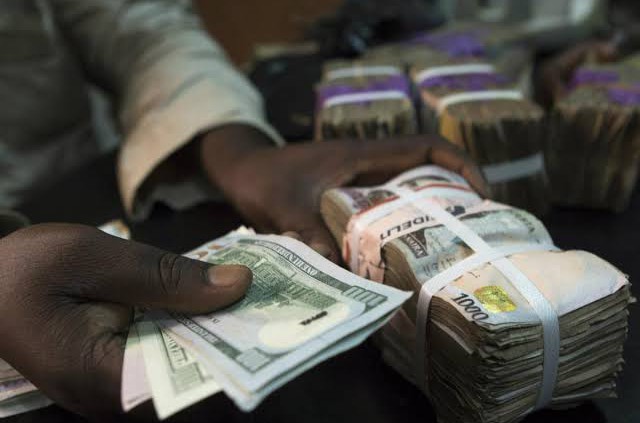Headlines
A banking fiasco that reflects ‘Nigerian factor’

For days and now running into weeks, Nigerians have been at the receiving end of an otherwise good policy, but apparently plagued by bad planning, extraneous manipulation, and poor governance. What was supposed to be a simple act of currency renewal has now snowballed into a most agonising season of pain, distress and rage.
And except something more impactful is done urgently to assuage the rising levels of frustration in the land, it could really become something else. The situation now is not helped by the legal tangle that may create more problems than solution.
In fairness to the Central Bank of Nigeria, initiators and managers of the currency renewal exercise, it did have its stats right on the money. Very large volumes of cash lie outside the banking system and continue to impact negatively on the apex bank’s ability to meet its monetary policy objectives.
But then, this is not the only constraining factor that the apex bank is faced with. There are several others over time that presently continue to negatively impact the monetary system. The closure of the nation’s land borders not too long ago was one. The continued retention of dual foreign exchange trading platforms is another.
The large volume of ways and means exposure is still another. And we can go on and on. So why bring down the roof on the currency front alone?
It has been said that the redesign policy is more than a monetary policy business. That, indeed, it is a silver bullet to address the monetisation of the political process and the continuing incidence of vote buying. But those, who monetise the political process and those, who buy votes, are not spirits.
At least one political party, for example, sold its nomination forms for as much as a hundred million naira. In a country, where the minimum wage is thirty thousand naira and many public and private institutions are still struggling to meet up with paying it; where 133m citizens are afflicted by multidimensional poverty and, where the formal full salary of the Number One Citizen is less than a fifth of the demanded nomination form fee (meaning the president would not earn back his nomination form fees even at the expiration of his term in office), we wonder why the apex bank, good intentions and all, would be so belligerent in driving just this one policy object.
Again, this is not to take away from the apex bank its constitutionally protected remit to renew the national currency at intervals. But as it is said, discretion is the better part of valour. Between the timing of the policy and its multi-layered objectives, there were evidently booby traps staring widely at the promoters and endorsers of the scheme.
That they chose to not look too deeply into them is simply worrisome. However, there is the temptation to make the CBN an escape-goat; truth is that this is President Buhari’s idea and call, and those targeting the CBN are being cowardly by evading the real issue.
As it were, incoming revelations and a dispassionate analysis show that there are very serious capacity considerations that were bypassed in the conception and execution of the programme. While the point has been made, and it is, indeed, a true and fair one at that, that the real holders of large volumes of currency outside the banking system are really not the hoi polloi in the land, the other part of the equation is that the structure and praxis of our political economy as at today has also quite deeply guaranteed that the same advantaged elite that hold the bulk of old notes outside the system have invariably continued to game the system in such a way that they have a right of first refusal for any volumes of new notes that the apex bank turns into the banking system.
This, then, raises the ire and frustration levels of poor and ordinary Nigerians in search of a few hundred or thousand naira for their daily commute and basic economic interactions and functioning.
The situation is also not being helped by the, otherwise, ingenious move by the CBN in attempting to use the agency of the currency renewal to ramp up ‘cashless banking’ levels in the country.
While this is ordinarily something that would be considered a smart move, the reality of the situation is that there is, indeed, a limit to how much of socio-economic behaviour can be forced in the manner that the current exercise has been conducted.
In our view then, as the Council of State held, the thing to do now is for the apex bank to ensure adequate supply and circulation of the new notes, so that the objective of the policy. Otherwise, the CBN should return to the husting, and let the old and the new notes co-exist until all the logistics are right to fully effect a wholesale halt of the old.










